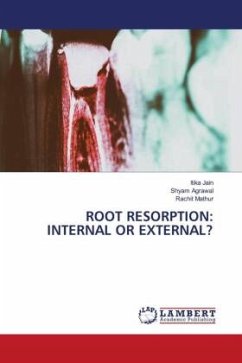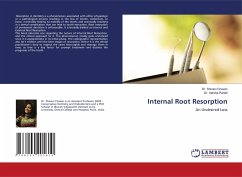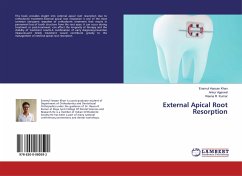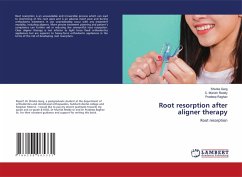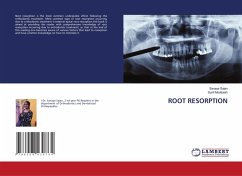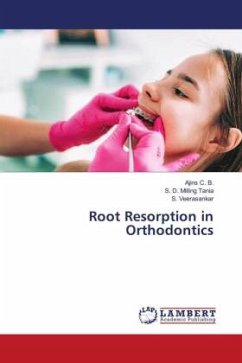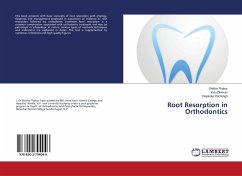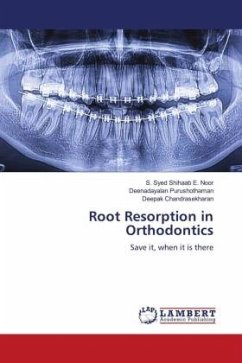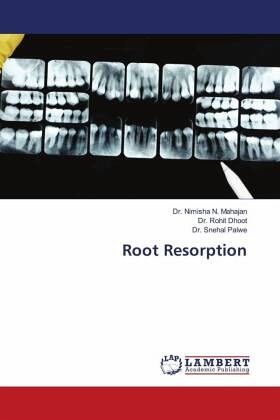
Root Resorption
Versandkostenfrei!
Versandfertig in 6-10 Tagen
53,99 €
inkl. MwSt.

PAYBACK Punkte
27 °P sammeln!
Occasionally, general dentists are challenged with providing restorative treatment for a patient who has had moderate to severe root resorption. When this happens, a number of questions often arise in the minds of dentists: What causes root resorption? Is it due to heavy orthodontic forces placed on the teeth? Is the tendency for root resorption inherited? What is the prognosis for teeth that have had significant root resorption? Will the resorptive process continue? Can these teeth be safely restored? Do they require root canal therapy? Do they need to be splinted to the adjacent teeth? Shoul...
Occasionally, general dentists are challenged with providing restorative treatment for a patient who has had moderate to severe root resorption. When this happens, a number of questions often arise in the minds of dentists: What causes root resorption? Is it due to heavy orthodontic forces placed on the teeth? Is the tendency for root resorption inherited? What is the prognosis for teeth that have had significant root resorption? Will the resorptive process continue? Can these teeth be safely restored? Do they require root canal therapy? Do they need to be splinted to the adjacent teeth? Should they be replaced with implants? What if the patient requires further orthodontic therapy? Will the resorption continue? Get worse? How does all of this affect the placement of restorations? The answers to these questions are important for the dentist who inherits a patient with significant root resorption and incorrect diagnosis might result in inappropriate treatment in certain cases.



